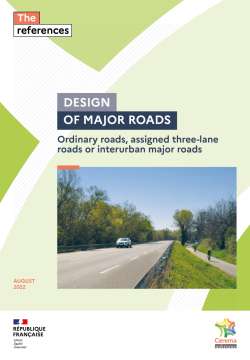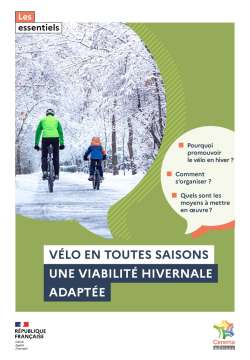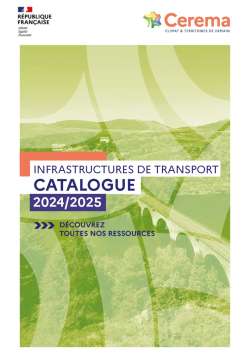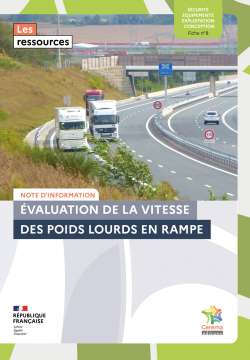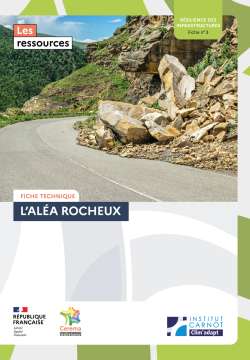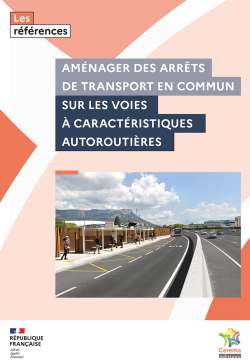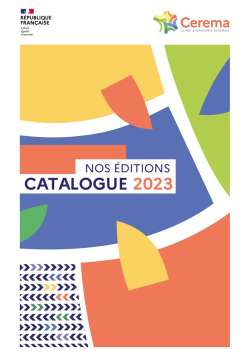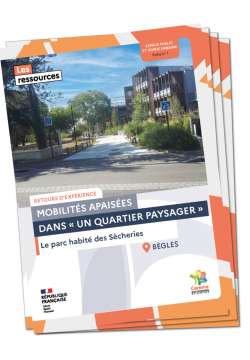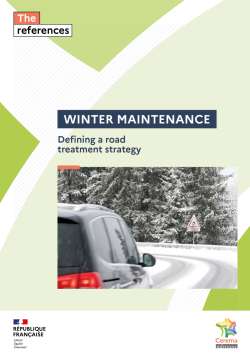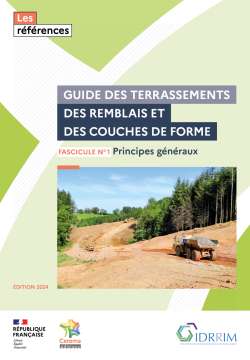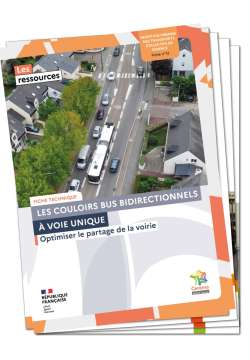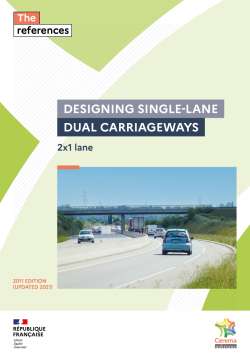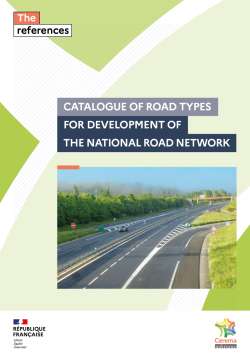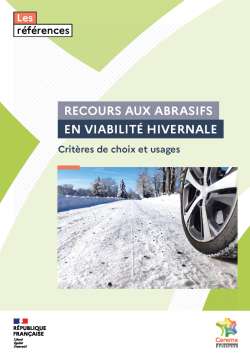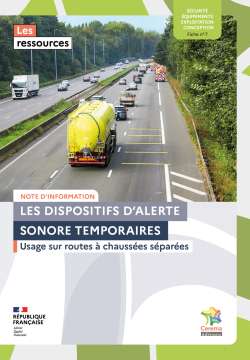
Improving street design - 10 essential principles for safety
Traduction de Aménager la voirie
How to deal with a particularly dangerous intersection? Do streets invite motorists to behave appropriately?Are they safe for cyclists and pedestrians? This work is intended for counsellors and planners who are regularly faced with these issues.
How to deal with a particularly dangerous intersection? Do streets invite motorists to behave appropriately?Are they safe for cyclists and pedestrians? This work is intended for counsellors and planners who are regularly faced with these issues. It presents in summary form the essential knowledge that must be mastered in order to provide each type of user with the conditions making for safe travel. It provides an update on major issues concerning travel and safety in urban areas, and shows how, by following a few basic principles, the improvement of public spaces can help reduce the number and severity of traffic accidents in urban areas. It calls on policy makers and their staff to reconsider the layout and operation of the road network for which they are responsible, from the standpoint of travel safety issues. It also aims to provide them with key information, useful as part of public space redevelopment projects. Balancing the most common accident situations in urban areas against proven knowledge of road safety has led to the selection of ten key recommendations to effectively improve travel safety in urban areas.


